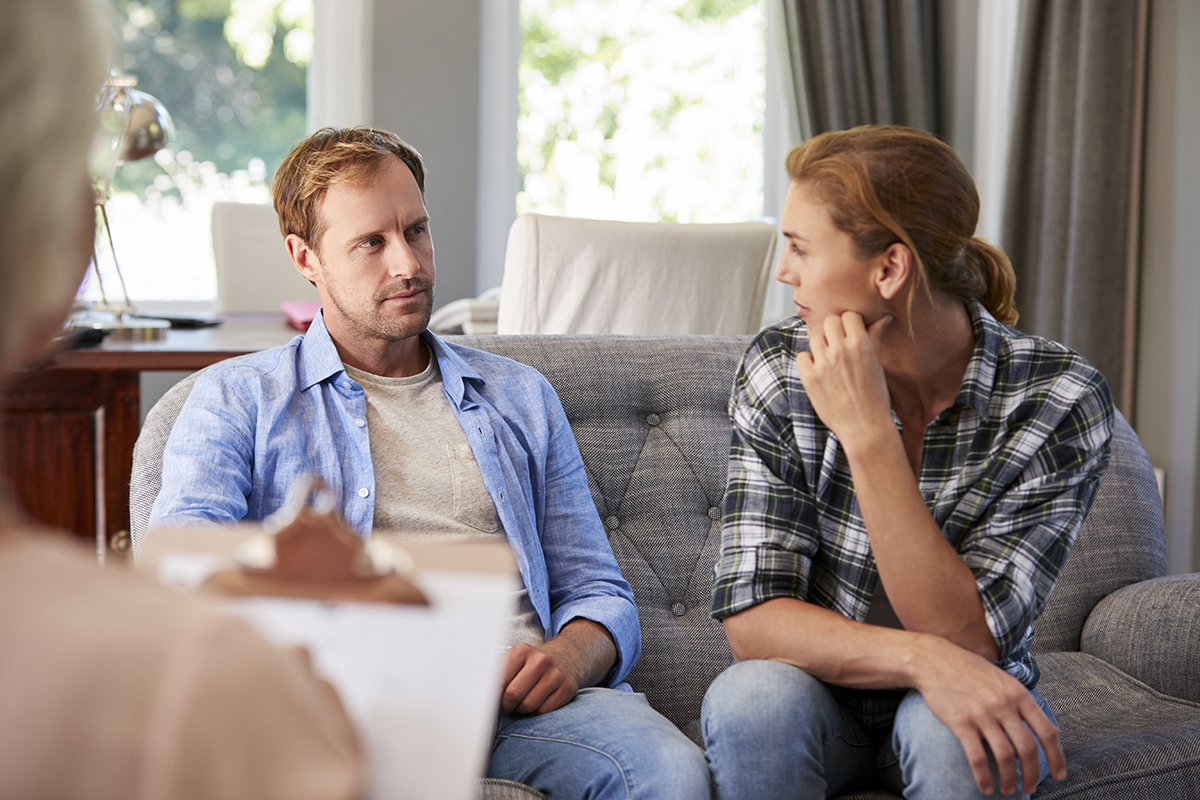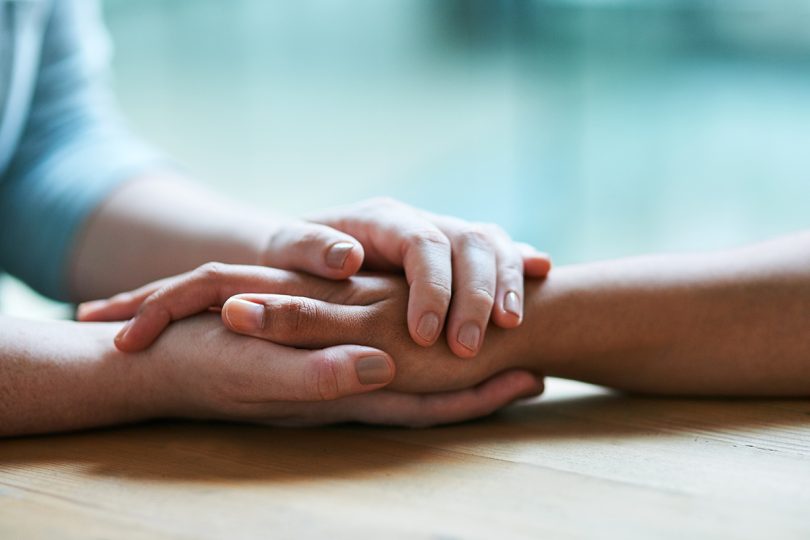Gaslighting, a subtle form of emotional manipulation, has plagued relationships for decades. By questioning a person’s reality, gaslighting instills doubt and erodes trust over time. In this article, we will delve deep into understanding how to stop gaslighting in a relationship, highlighting its significance in ensuring trust and emotional well-being.
Table of Content
- How to Recognize Gaslighting in Your Relationship
- The Pervasive Effects of Gaslighting in Relationship Dynamics
- Effective Techniques on How to Stop Gaslighting in a Relationship
- Rebuilding Trust After Ending Gaslighting
- Conclusion
How to Recognize Gaslighting in Your Relationship
Gaslighting is a tricky behavior that can be hard to spot. But if you want to know how to stop gaslighting in a relationship, you need to see it first. These signs are often small and sneaky. They’re done to make someone doubt what they know is true.

A common sign of gaslighting is when someone denies things they’ve done or said. Let’s say one partner often forgets to help at home. If you talk to them about it, they might say, “I never said I’d do that. You’re making it up.” This isn’t just forgetting. It’s a way to make the other person question themselves.
Here are some other signs to look out for:
- Making the other person’s feelings seem small or silly.
- Pointing the finger, making it seem like the other person did something wrong.
- Saying they didn’t do or say something, even if you have proof.
- Using loved ones, like kids, to make their point.
Also, a person who gaslights might blame others for things they’re doing. If they’re not being true to you, they might say you’re the one being untrue. This makes things messy, and the person being gaslighted starts doubting themselves more.
Always trust your gut. If something feels weird, look into it. Knowing the signs of gaslighting is the first big step to learn how to stop gaslighting in a relationship. This helps make things better for both partners.
The Pervasive Effects of Gaslighting in Relationship Dynamics
If you’re trying to learn how to stop gaslighting in a relationship, understanding its deep effects is crucial. Gaslighting isn’t a one-time issue; it’s a ripple effect. This harmful behavior doesn’t only make someone question one event. It can touch and harm different parts of their life, causing long-term damage.
The emotional and psychological toll of gaslighting is profound. When a person is repeatedly told that their reality isn’t valid or that their memories are wrong, it starts to wear on them. They might begin to feel like they can’t trust their own mind, leading to:
- Decreased self-worth: A constant feeling of not being “good enough” or always being wrong.
- Constant self-doubt: Always second-guessing decisions and thoughts.
- Increased anxiety: A constant worry about recalling events incorrectly or being lied to again.
- Depression: Feeling trapped or unable to break out of the cycle can lead to sadness and hopelessness.
- Feeling isolated: A sense that no one else would understand or believe their side of the story.
Moreover, the physical effects of gaslighting shouldn’t be underestimated. A person may experience sleep issues, changes in weight, or other stress-related health problems due to the emotional turmoil gaslighting causes.
Research has also highlighted the seriousness of this issue. A 2018 study found that those who are regularly gaslighted can suffer severe mental health challenges. Some even develop Post Traumatic Stress Disorder (PTSD). This goes to show that gaslighting isn’t just a fleeting issue; it has long-standing impacts that can persist even after the relationship ends.
In understanding how to stop gaslighting in a relationship, it’s vital to recognize these effects. Only then can both partners work together to heal and rebuild a foundation of trust and respect.
Effective Techniques on How to Stop Gaslighting in a Relationship
Addressing gaslighting requires dedication, understanding, and active steps from both partners. While recognizing the signs is crucial, taking action on how to stop gaslighting in a relationship is equally, if not more, vital. Here are some in-depth strategies to consider:
- Open Communication: Creating a space where both partners can speak freely is vital. This means not only talking but also listening actively. When both individuals feel heard and understood, the chances of miscommunication or misunderstandings lessen. Regular check-ins or setting aside time to discuss feelings can pave the way for healthier interactions.
- Seek Professional Help: Sometimes, the patterns of gaslighting are deeply ingrained, making it challenging to break the cycle without outside intervention. Therapists or counselors specialize in relationship dynamics and can offer guidance tailored to your specific situation. They provide a neutral space for both partners to explore their feelings and work on healing.
- Document Everything: If you’re unsure about your memories due to consistent gaslighting, keeping a record can be beneficial. Write down conversations, incidents, or feelings as they happen. This can serve as a reality check, helping to confirm or refute claims made later on. It’s a way to trust yourself again.
- Set Boundaries: Setting clear boundaries is vital in any relationship, more so when dealing with gaslighting. Determine what behaviors are unacceptable. It could be a certain tone of voice, specific phrases, or actions. Once these boundaries are set, it’s crucial to stick to them. Consistency is key in ensuring both partners feel safe and respected.

Incorporating these strategies and making a genuine effort to understand how to stop gaslighting in a relationship can lead to healthier dynamics and a strengthened bond between partners.
Rebuilding Trust After Ending Gaslighting
Overcoming gaslighting is a significant step, but the journey to healing doesn’t end there. It’s essential to understand how to rebuild trust after ending gaslighting in a relationship. Trust is a fragile thing; once shattered, it requires patience, love, and consistent effort to piece back together. However, with dedication, it’s entirely possible to rebuild a bond stronger than before.
- Be Patient: Restoring trust doesn’t happen overnight. Just as wounds need time to heal, so does the emotional scar left by gaslighting. Understand that there might be setbacks, moments of doubt, and times of pain. Both partners should give each other the grace and patience needed during this sensitive time.
- Validate Each Other: One of the most profound damages caused by gaslighting is the feeling of being unheard or invalidated. To counteract this, make a conscious effort to affirm each other’s feelings and experiences. Simple acts like saying, “I understand” or “I believe you” can go a long way in restoring confidence.
- Practice Honesty: To ensure that you both know how to stop gaslighting in a relationship and prevent it from resurfacing, make honesty a pillar of your bond. This means being open about feelings, fears, and hopes. It’s about sharing vulnerabilities and addressing issues head-on, rather than letting them fester.
- Engage in Joint Activities: Shared experiences can be a powerful way to reconnect. Whether it’s taking a class together, traveling, or merely dedicating time for regular date nights, these shared moments can help in weaving a tighter bond between partners.

Rebuilding trust after learning how to stop gaslighting in a relationship is a collaborative journey. With mutual respect, understanding, and dedication, couples can emerge stronger and more connected than before.
Conclusion
Gaslighting is more than just a term; it’s an emotional assault that chips away at the trust, confidence, and sanity of the victim. Its insidious nature often makes it challenging to pinpoint, but once identified, addressing it becomes paramount. It’s a testament to the resilience of human relationships that, even after facing such deceit, couples can learn how to stop gaslighting in a relationship and find their way back to each other.
Overcoming gaslighting is not merely about ending a manipulative tactic but also about fostering a culture of open dialogue, validation, and mutual respect. It’s about creating an environment where both partners feel secure, heard, and valued. And while the journey to recovery might be laden with challenges, it promises a bond where trust, once rebuilt, is stronger and more resilient than ever.
As you move forward, let this knowledge empower you. Remember the signs, take action when necessary, and prioritize your emotional well-being. With time, effort, and a commitment to understanding, one can truly mend the wounds caused by gaslighting. In the end, it’s crucial to remember that every individual deserves a relationship that’s built on the pillars of respect, trust, and mutual understanding. Love should be the light that guides, not the shadow that deceives.








Leave a Comment